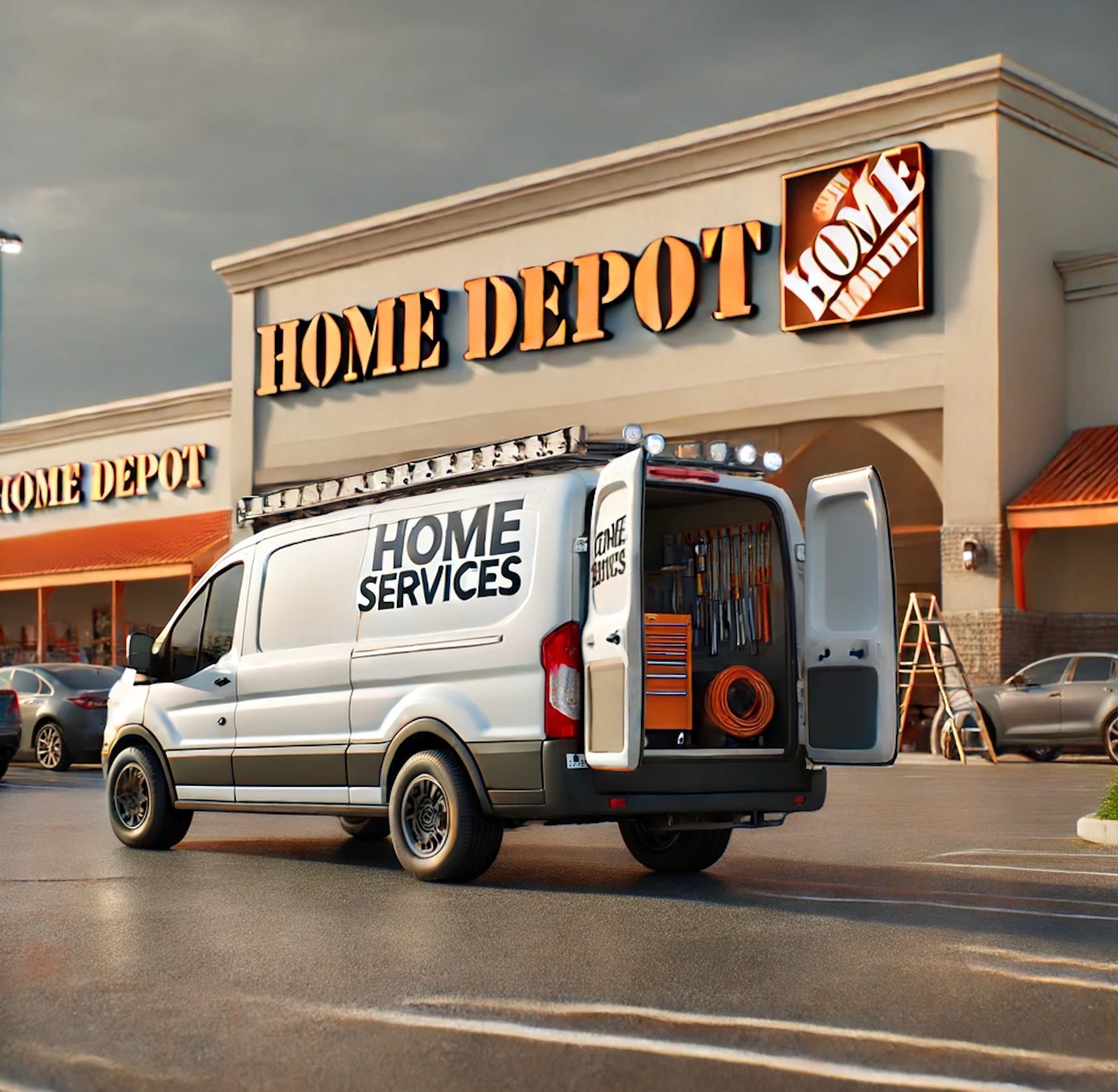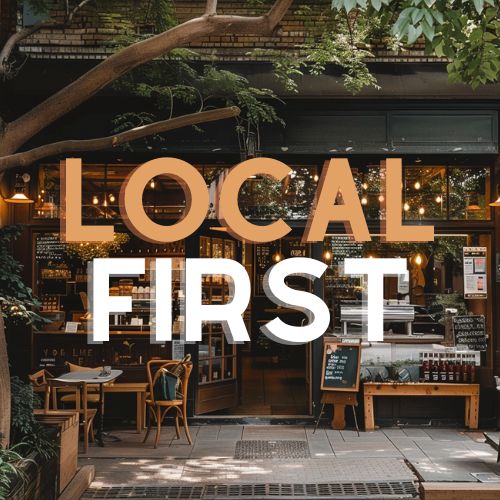Retailer Partnerships for Solar Service Providers
Pros and Cons of Working with a Large Retailer to Grow Your Home Services Business
Partnering with large retailers like Lowe’s, Home Depot, and Costco can significantly impact the growth trajectory of your home services business. While this post primarily discusses home services, the concepts apply to a wide range of industries, including outdoor services, technology, pet services, and beyond. Here, we’ll explore the advantages and disadvantages of such partnerships, along with some pro tips to make the most of these opportunities.

Understanding the Relationship
Definition: Working with a large retailer involves partnering to offer your services through their platform, aligning your business with their brand, and leveraging their customer base.
Examples: Common partnerships include installation services for appliances, home improvement services through big-box stores, and technology support services.
Pros of Working with a Large Retailer
- Expand Your Marketing Reach and Target Market
Partnering with a well-known retailer can dramatically increase your marketing reach. You gain access to the retailer’s extensive customer base, which can lead to a significant increase in potential leads. Retailers like Lowe’s, Home Depot, and Costco already have established trust and recognition, which can benefit your business. - Cover the Base Amount of Monthly Business
One of the significant advantages is the consistent flow of leads. These retailers have a large overlap with your target market, and their customers are often already in need of your services. When customers shop in-store, they are more focused and less distracted than when browsing online, increasing the likelihood of them engaging with your services. - Solving the Customer’s Need
Being present where customers are shopping for products allows you to offer immediate solutions. For example, customers purchasing flooring, carpet, or a water heater often need installation services. By being available at the point of purchase, you can offer a convenient, complementary service, enhancing customer satisfaction and increasing your sales. - Increased Visibility
Working with a large retailer boosts your brand’s visibility. Being associated with a reputable retailer enhances your brand recognition and credibility, making customers more likely to choose your services. - Operational Benefits
Retailers often provide streamlined processes for scheduling, billing, and logistics. This support can make your operations more efficient, allowing you to focus on delivering quality services. - Financial Advantages
Partnering with a retailer can provide a more stable and predictable revenue stream. Additionally, you may benefit from bulk purchasing discounts through the retailer, reducing your overall costs.

Cons of Working with a Large Retailer
- Not Automatic Growth
Partnering with a large retailer doesn’t guarantee automatic growth. You’ll need to actively engage with store associates, invest in training, set up displays, and work on lead generation to ensure a successful program. Building a strong relationship with the retailer and their staff is crucial for success. - Extra Work for Line Reviews
Many retailers require regular performance reviews, which can be time-consuming. These reviews evaluate the need for new programs, service providers, and assess the performance of existing ones. While beneficial if you’re performing well, these reviews necessitate attending meetings, planning presentations, and analyzing data, adding to your workload. - Giving Up Margin
Partnering with a retailer often means giving up 10-20% of your margin. This may not be an issue if your customer acquisition costs are similar or if you’re in the early stages of your business and need traction. However, as your business grows, this margin cut can impact your bottom line. Some service providers adjust their pricing for retailer programs, but this isn’t always permitted by the retailers. - Reduced Control
You may have less control over how your brand is represented. Retailers have specific policies and guidelines you must follow, which can limit your ability to maintain consistent service quality and brand image. - Complex Coordination
Coordinating schedules, inventory, and logistics with the retailer can be complex. This added complexity requires careful management to avoid disruptions in service delivery. Often times, communication breakdowns result in an extremely poor customer experience resulting in negative reviews for both the retailer and the service provider. - Customer Relationship
Working through a retailer can create a barrier between you and your customers. This can make it harder to build direct relationships and loyalty, as customers may associate the service more with the retailer than with your business.

Pro Tips for Success
- Start Small: Begin with a limited number of stores before scaling up. Use a “nail it, then scale it” strategy to ensure you can manage and optimize your operations effectively before expanding.
- Understand partnerships first: I believe that affiliate and referral partners are one of the best ways to grow the business as you align your business up and down the value chain. Depending on our business, consider building partnership processes with small to medium businesses first before starting with a large retailer. You can apply the same lead generation payout concept with local businesses helping your customers. An example would be partnering with interior designers if you’re a closet, bathroom, or kitchen remodeling company.
- View the Store as a Marketing Channel: Treat the store like any other marketing channel, such as SEO, social media, or paid ads. Learn the retailer’s systems, invest in training, and optimize your approach to stand out within this channel. Understand the retailer’s organizational structure and lingo to navigate and leverage their resources effectively.
- Consider the WIFM (What’s In It for Me): Identify what’s in it for every level of the store’s hierarchy, from store associates to corporate merchants. Understand their goals and how your program can help achieve them. Whether it’s improving margins, boosting sales, or enhancing customer service scores, align your objectives with theirs.
- Share Wins Regularly: Keep the retailer informed about your successes. Regularly share positive outcomes and milestones to demonstrate the value of your partnership and maintain a strong relationship.
- Diversify Your Business: Avoid relying solely on the retailer for all your business. Use the partnership as part of a broader marketing strategy. Direct customer engagement remains vital, especially for generating referrals. Focus on building your brand independently to ensure long-term sustainability and growth.
Conclusion
Partnering with large retailers like Lowe’s, Home Depot, and Costco can provide significant opportunities for growth in your home services business. However, it also comes with challenges that require strategic planning and active management. By understanding the pros and cons and following the provided tips, you can maximize the benefits of these partnerships while mitigating potential drawbacks.







